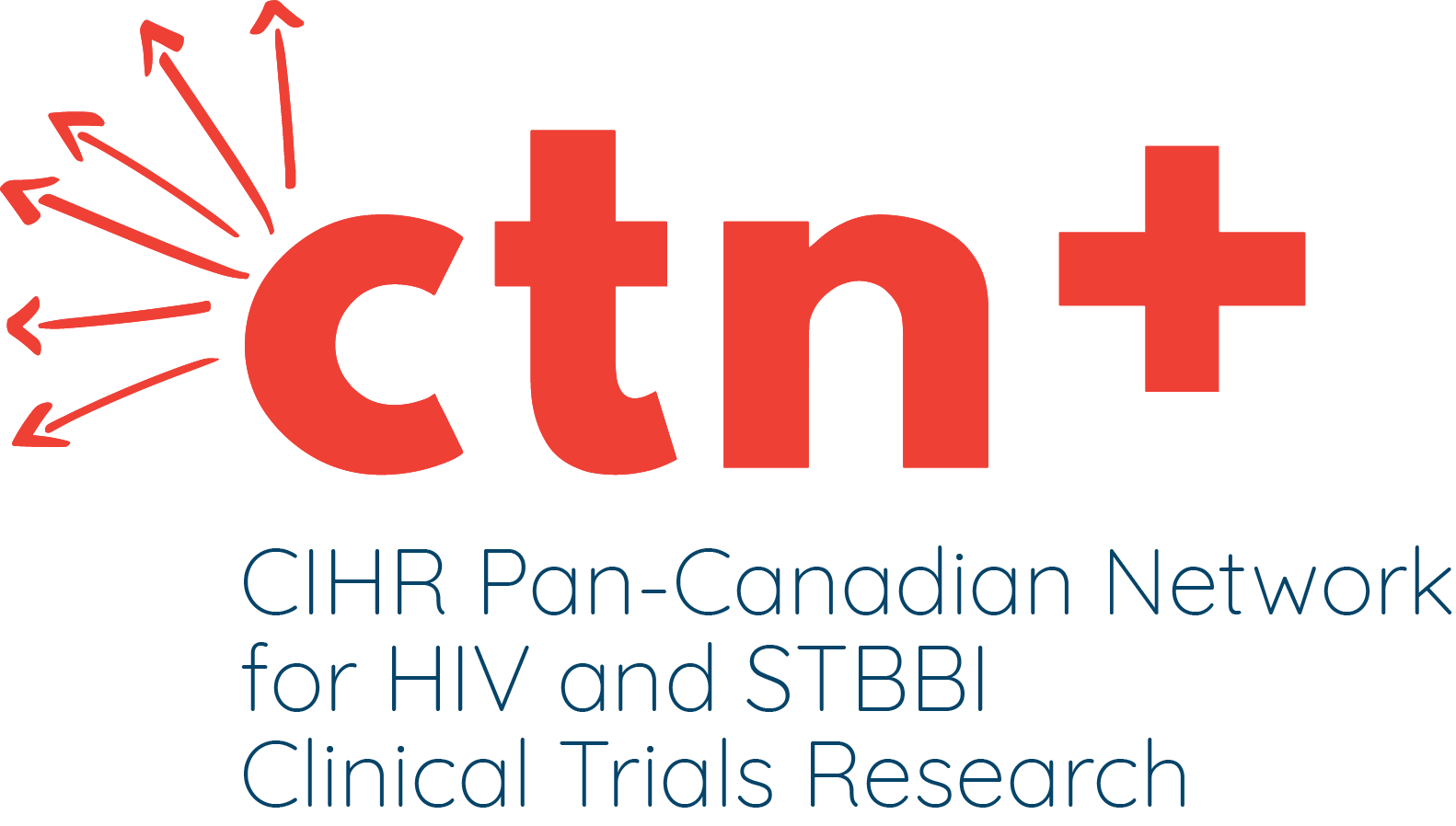
“Our study will test whether a licensed and commonly used medication could lead to a functional cure for HIV infection,” said Dr. Michaeline McGuinty, study lead of CTNPT 031.
The medication in question is vedolizumab, an anti-α4β7 integrin monoclonal antibody currently used to treat inflammatory bowel disease. It is believed to work by targeting and preventing CD4 cells from localizing in the lining of the bowel.
“This project was initiated after a study published in 2016 showed that treatment with an anti-α4β7 integrin monoclonal antibody in monkeys with antiretroviral-treated SIV achieved viral load suppression and maintained CD4 count after stopping antiretrovirals. This effect lasted long after stopping antibody treatment,” noted Dr. McGuinty.
A functional cure is a hypothetical treatment that would allow a person living with HIV to stop taking antiretroviral therapy (ART) without experiencing persistent viral rebound and progressive immune dysfunction. Even if the vedolizumab might work in humans as a functional cure, as in the monkey experiment, its mechanism of action is not known. Some HIV may be directly targeted by vedolizumab. The CD4 cells which are targeted by the drug also happen to be very susceptible to HIV infection, and are very important in specific immune responses to HIV, and immunity in general.
CTNPT 031 will primarily monitor the safety and tolerability of vedolizumab in participants with HIV on and off antiretroviral therapy. Three groups of four participants will receive 300, 150, and 75 mg, respectively, in seven infusions over six months. After receiving their third infusion, they will discontinue ART and be seen by a physician once a month. After receiving the seventh infusion, they will be regularly monitored for six months or more, depending on their response to the drug.
“During monitoring, if a significant viral rebound or drop in CD4 count should develop and persist, ART will be reinitiated,” said Dr. McGuinty. “This type of short-term and strictly monitored analytical treatment interruption is a safe and effective way of testing potential cure strategies.”
If viral rebound occurs, the investigators are also interested in how the immune system responds to the re-initiation of ART and whether the expected effectiveness of re-treatment is modified by vedolizumab. Blood and stool samples, gut tissue, and cerebrospinal fluid will be collected during the study.
Regardless of its outcome, the results of this study will be an important contribution to this field of research. A negative result will improve our understanding of the viral reservoir and the mechanism of viral rebound, while a positive result could lead to the development of a larger clinical trial and the design of a functional cure for HIV.
This study is co-led by Drs. Michaeline McGuinty and Bill Cameron at the Ottawa Hospital Research Institute, in conjunction with the Canadian HIV Cure Enterprise, and is currently enrolling participants in Ottawa.






